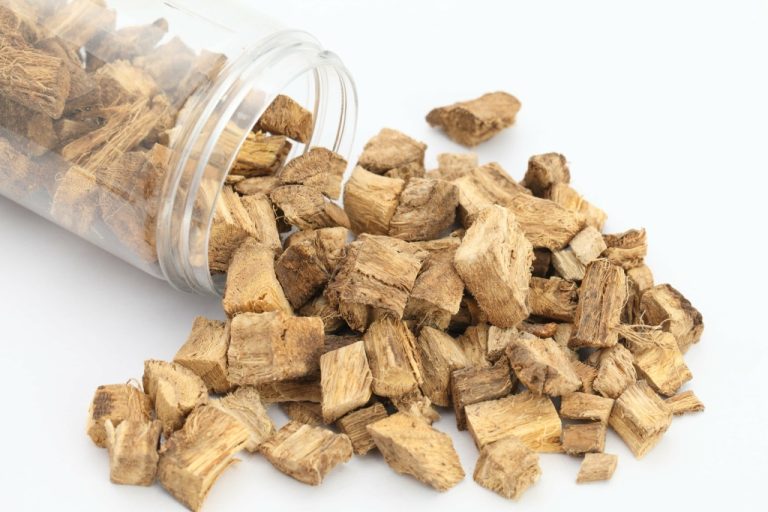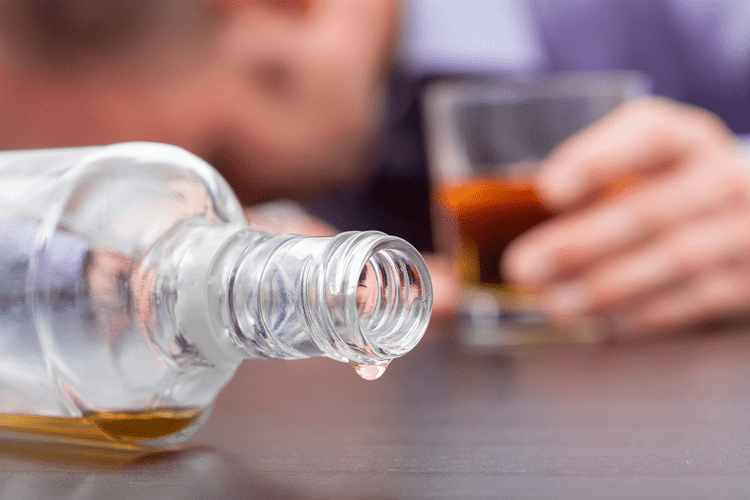Staying Sober Long-Term: 8 Research-Proven Strategies for 2024
Some practices, like yoga, also provide community. Lean on close friends and family for support, even if your relationships aren’t what they used to be. Think about going to counseling or family therapy to help with that and to deal with other personal issues. Identify one person who can support your journey. Share your decision to stay sober and ask for their encouragement.

Finding the Right Peer Support Group
- Stay away from that miserable mindset and toxicity.
- Even after you’ve been sober for 10 years, you’re still going to face everyday stressors that could trigger a craving.
- Many people who misuse alcohol or drugs have trouble dealing with anger.
- And in case it wasn’t already obvious, the only way to get to long-term sobriety is to first achieve short-term sobriety.
You’ll find that decision-making becomes clearer and your actions more deliberate. This newfound clarity is one of the first https://startentrepreneureonline.com/salmon-fish-farms/ steps in reclaiming your life and steering it in a direction that you choose, not one dictated by addiction. Incorporating these synonyms into discussions around sobriety not only enriches the conversation but also helps in appreciating the multifaceted journey that sobriety represents. Whether focusing on self-restraint or the broader practice of moderation, these terms illuminate the path towards a healthier, balanced lifestyle. Do you have any of your own tips for staying sober that aren’t listed here?
- This may mean that you don’t spend time with someone you used to use drugs with or go somewhere you used to drink.
- Some people who move from a controlled and protective setting find themselves awash in the environmental cues that lead to their drinking.
- The great revelation of my sobriety has been that I actually don’t have to be friends with everyone.
- Hidden comments will still appear to the user and to the user’s Facebook friends.
- Do you have any tips for how to stay sober after rehab?
- The app provides immediate assistance when needed by offering real-time chat options, allowing users to reach out whenever they feel an urge coming on or simply need someone to talk to.
Step 1: Recognize the Need to Get Sober
By participating in activities that bring joy and fulfillment, individuals can create new connections, interests, and a sense of purpose that aligns with their recovery goals. Some people may find that wearable devices and smartphone apps can support their recovery from alcohol use disorder. Biosensors monitor physical changes, detect alcohol use, and identify relapse risk.
What does it take to move beyond addiction—and stay there?

They help you achieve goals and ensure you remember what’s more important than drinking or doing drugs. Routines have many benefits, as many people find comfort in them. A https://yogagorod.ru/esse-o-sporte-na-angliiskom-yazyke-sochinenie-sports-na-angliiskom-s-perevodom/ consistent daily and weekly routine filled with things that improve your well-being can help you avoid relapse. If you’re involved in a 12-step program, you likely already know the importance of milestones. In these programs, it’s customary to receive plastic chips as you progress to the one-year mark, at which time you receive a bronze coin.

Consider Medication-Assisted Treatment

If I allow myself too much time to be inside my head, I’ll probably find a way to feel stressed about something or invent a problem. If you are seeking drug and alcohol related addiction rehab for yourself or a loved one, the SoberNation.com hotline is a confidential and convenient solution. Sobriety refers to the physiological and https://newfoundglory.ru/publikacii/v-predchuvstvii-nesbivshegosya-geroy-aleksandra-grina-kak-adept-irracionalnogo.html psychological state of being unaffected by intoxicants. For those in recovery, it is similar to abstinence from substance or alcohol use. By choosing sobriety, you’re investing in a future where health, happiness, and growth are within your reach.

During this time, mentally rehearse your coping strategies. If stress is a trigger, visualize yourself using deep breathing or calling a support person. The more you practice these scenarios in your mind, the more natural they’ll feel in real life. Remember, setting clear goals is just the beginning. These goals will guide your actions and decisions as you build a strong support system and develop effective coping strategies in the following steps of your recovery journey. Although many people can stay sober without professional help, others find this professional level of support necessary in their recovery.

